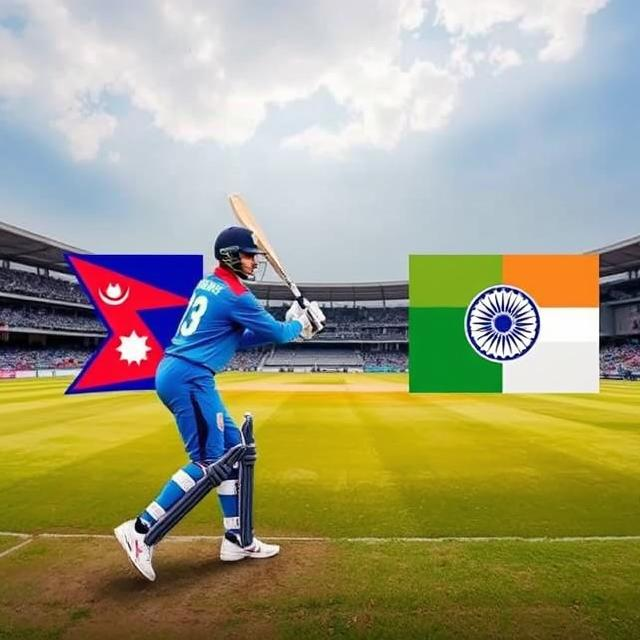Cricket Umpire Training in Pakistan: Elevating the Game

Cricket Umpire Training in Pakistan: Elevating the Game
Are Pakistan’s cricket umpires ready for the challenges of modern international cricket? A comprehensive training program is crucial for achieving consistent and fair decisions on the field.
Pakistan, a nation passionate about cricket, demands the highest standards from its umpires, especially at international levels. This article delves into the importance of comprehensive cricket umpire training in Pakistan, exploring current programs, challenges faced, and future recommendations to ensure fair play and uphold the integrity of the game.
The Significance of Umpire Training
Umpires are the silent custodians of fair play. Their decisions, delivered with precision, integrity, and impartiality, are fundamental to the enjoyment of the sport. Without well-trained umpires, the entire fabric of the game risks damage. This is particularly true in Pakistan, a nation where cricket holds a profound place in its cultural identity.
Adequate training equips umpires with not only the rules and regulations but also the essential skills to handle pressure, anticipate potential issues, and make consistent judgments across various situations. Furthermore, a rigorous training program should incorporate the nuances of the game, helping umpires stay updated on the latest interpretations and advancements in cricket law.
Effective training fosters confidence and consistency. Well-trained umpires demonstrate greater composure under pressure, making less prone to errors. They effectively manage disagreements and maintain a professional demeanor, critical factors in the escalating global cricket arena.
Current Landscape of Umpire Training in Pakistan
Analyzing the existing training structure for cricket umpires in Pakistan reveals a mixed picture. Some initiatives exist, but consistency and standardization are areas of concern.
Many training programs rely on workshops and seminars. However, the effectiveness of these programs is often dependent on the quality and experience of the trainers, coupled with adequate resources, such as video analysis tools and feedback mechanisms. It’s crucial that training materials are meticulously prepared and reflect the latest developments in the sport.
Many programs often prioritize theoretical knowledge over practical application. Umpires need more opportunities to practice decision-making in simulated match scenarios. This hands-on experience is pivotal for building confidence and developing instinctive judgment.
Challenges and Opportunities
Several factors present challenges for the development of robust umpire training programs in Pakistan.
One significant hurdle is the lack of dedicated facilities and resources. The availability of state-of-the-art training grounds, video analysis tools, and experienced mentors often varies across the nation. Dedicated training facilities can elevate the experience for participants. This requires collaboration between governing bodies, educational institutions, and cricket clubs.
Another constraint is the recruitment of experienced trainers. Securing individuals with extensive experience as cricketers, former umpires, and experts in officiating could significantly enhance the quality of training sessions.
Training programs should be adaptable to different levels, considering umpires at both national and domestic levels. Tailoring programs to specific needs of both emerging and seasoned umpires will provide a more comprehensive and impactful learning experience.
Furthermore, the financial resources required for such programs are often a limiting factor. Funding opportunities from both public and private sectors, as well as cricket associations, are essential to sustain high-quality training programs. Sponsorships and donations may prove valuable.
Recommendations for Future Development
To improve the standards of cricket umpire training in Pakistan, several strategies should be implemented:
- Standardized Training Curriculum: The development of a nationally standardized curriculum, encompassing theoretical knowledge, practical skills, and ethical considerations, will be crucial. This will ensure consistency in training quality.
- Emphasis on Practical Training: Training programs should prioritize practical sessions, including simulated match scenarios, video analysis, and feedback mechanisms, to aid in the development of crucial decision-making skills. It should use real-world examples for better understanding.
- Recruitment of Qualified Trainers: The selection of experienced, qualified, and accredited trainers is essential for delivering high-quality training, ensuring all umpires have access to the best mentors in the industry. Utilizing former umpires, especially those with international experience, can provide valuable insight.
- Investment in Resources: Sufficient funds are needed to provide training centers with the necessary equipment and materials, including high-quality video analysis systems and interactive learning tools. Funding support from cricket boards and sponsors will be crucial.
- Ongoing Development & Evaluation: Regular follow-up sessions and evaluations should be conducted to identify areas for improvement. This ongoing development ensures the training program remains current and relevant to the evolving needs of the game. Evaluation mechanisms should include feedback surveys and observational reports.
Conclusion
Improving cricket umpire training in Pakistan is critical for raising the standard of officiating at all levels of the game. By implementing the recommendations outlined in this article, Pakistan can cultivate a pool of well-trained and competent umpires, maintaining the integrity and fairness of cricket, and thereby cementing its position in the global cricket arena. It’s a critical step in not just the umpire’s development but also in the advancement of cricket as a whole in the nation.
Invest in the next generation of cricket umpires. A commitment to excellence in training will resonate through the field, leading to more exciting, fair, and enjoyable matches for all.